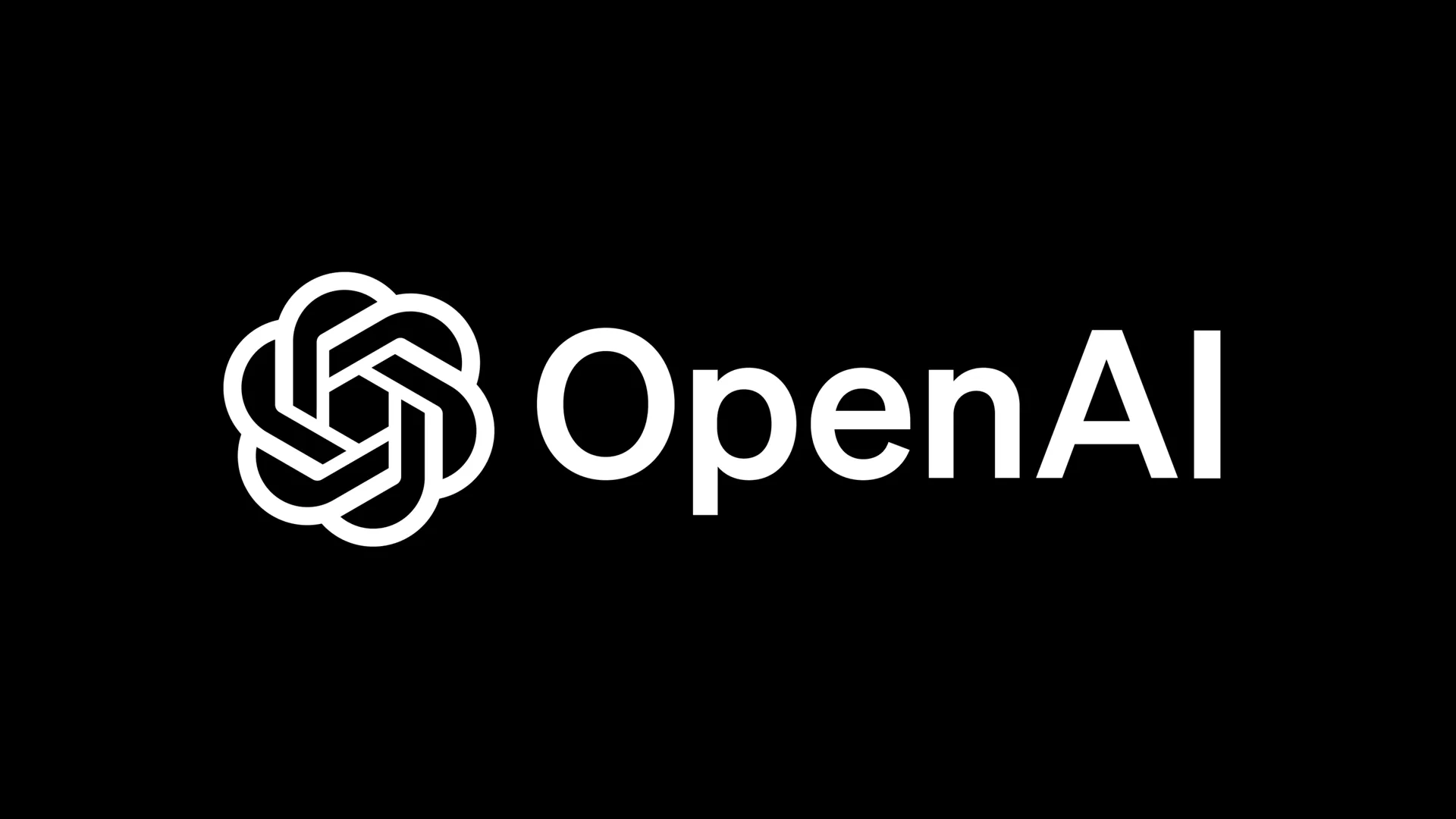A BBC report highlights growing confidence among Guernsey’s business community that AI will change how work is done without reducing overall employment.
Paul Gorman, CEO of start-up Bank Aston, says AI will be embedded in workflows and may eliminate some roles while creating new ones, a view echoed by PwC, which sees adaptation rather than decline as the key challenge for the future workforce.
Educators and employers stress the need for skills development, with The Guernsey Institute working on AI-focused curricula and small creative firms using AI to compete with larger players.
While some in the creative sector describe AI as disruptive, there is broad agreement that its effects are transitional, prompting calls for policy coordination, including a proposal to establish a dedicated AI office to manage risks and opportunities.
Would you like to learn more about AI, tech and digital diplomacy? If so, ask our Diplo chatbot!










